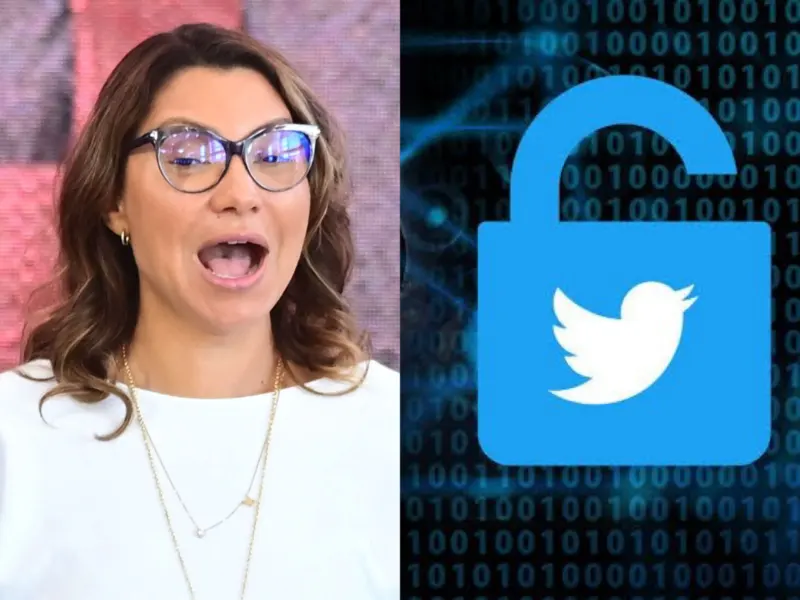- Brazilian First Lady plans legal action against Elon Musk’s X over account breach.
- Global Contrasts in Social Media Regulation Explored. China’s Strict Control of Online Content Highlighted.
Rosangela ‘Janja’ Lula da Silva, the First Lady of Brazil, announced her intention to sue Elon Musk’s social media platform X, formerly known as Twitter. This decision comes in the wake of a security breach where an alleged hacker infiltrated her account on December 11, posting several derogatory messages.
The posts, which included insults aimed at both the First Lady and President Luiz Inacio Lula da Silva, as well as misogynistic slurs, have sparked a debate on the security protocols of major social media platforms. In a statement released on Tuesday, Janja emphasized her resolve to hold X accountable, marking a significant stance against cyber intrusion.

The case has also triggered conversations around social media censorship and accountability. A user on X pointed out that while Janja is focusing on suing the platform, there has been no mention of punishing the hacker responsible for the breach. This has led to discussions on the priorities and responsibilities of individuals and platforms in the digital age.

Also read: Bezos vs Musk: Space race CEOs are vying for history, but only the 1% will benefit
Global regulations for social media
The proliferation of the Internet has significantly elevated the role of social media as a prominent platform for public discourse and communication. As a consequence, effective oversight and regulation of social media platforms have become imperative. However, it’s important to note that the laws and regulations about social media vary substantially from one country to another. We will delve into the diverse approaches adopted by different regions in regulating social media.
- United Kingdom: The UK’s proposed Online Safety Bill grants OFCOM significant powers to enforce the removal of illegal content and issue fines, aligning more with China’s stringent policies.
- European Union: The EU opts for a more balanced approach, with a voluntary Code of Conduct for the removal of illegal hate speech and upcoming legislation for greater enforcement.
- Germany: Germany’s NetzDG law mandates rapid removal of illegal content on social media, with heavy fines for non-compliance.
- United States: The US is re-evaluating Section 230, considering imposing restrictions on cyberstalking and aligning moderation decisions with terms of service.
- France: French law requires swift removal of hateful and illegal content, with strict timelines for terrorist and child pornography content.
- Middle East: Various Middle Eastern countries have stringent regulations on social media, often aimed at curbing dissent and maintaining political stability. For instance, the UAE and Saudi Arabia have strict laws against criticizing the government or religion on social media.
Also read: Elon Musk’s X.AI is a bottomless money pit
China’s tight grip on social media
China exemplifies stringent social media regulation. It requires influencers with significant followings to reveal their true identities, a move to regulate online content and prevent “dangerous commentary.” This policy is part of China’s broader internet control strategy, which includes censoring content that could incite social unrest or challenge political stability.
The Chinese government also proposes updates to cover all forms of comments, reflecting a tightening grip on previously less moderated content areas. Additionally, the Cyberspace Administration of China has revised regulations on public social media accounts to prevent data fraud and unauthorized news production.
Also read: Elon Musk to integrate xAI with X in preparation for ‘AI age’
The lawsuit by Brazil’s First Lady against Elon Musk’s X and the varying global approaches to social media regulation underscore the complexities of governing digital platforms. As the world grapples with the balance between freedom of expression and the need for security and accountability, this case presents a critical juncture for the future of online communication and privacy.

